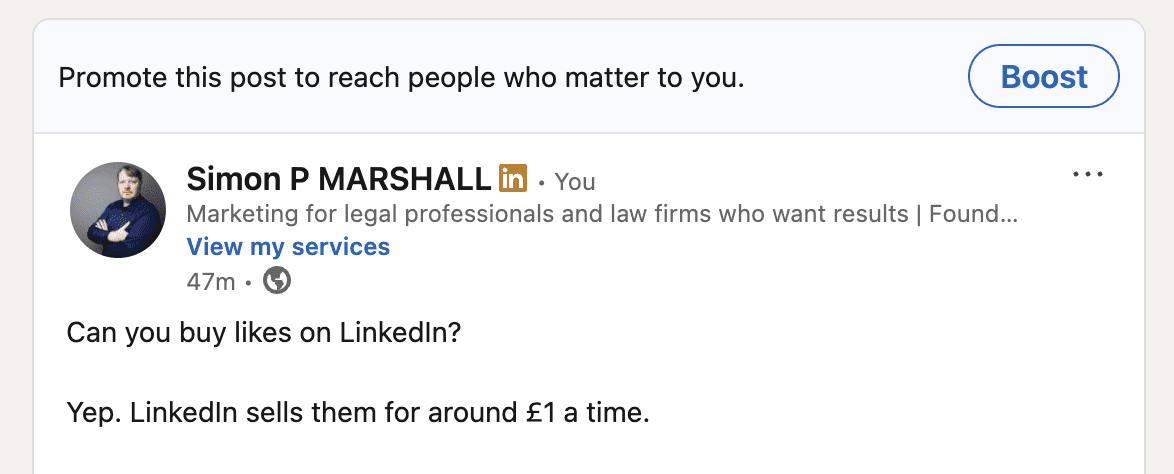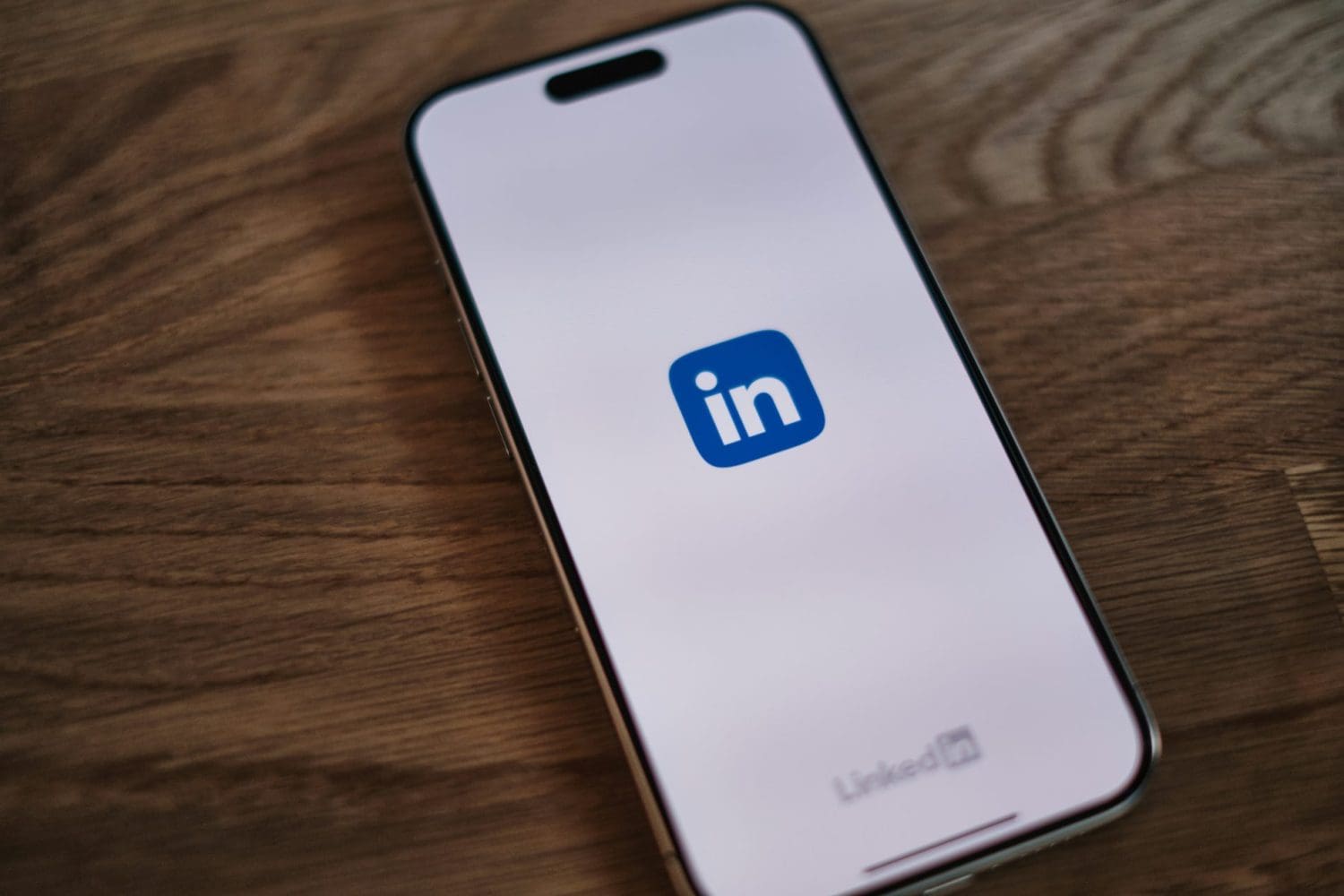In short, no—you can’t transfer ownership of a GPT to another person. GPTs, like any other AI tool, are tied to the specific account or organisation that created them.
So, if you’re a legal marketer thinking about building a custom GPT to boost your firm’s digital marketing efficiency, keep in mind that the management will stay with whoever originally set it up. For CMOs and Heads of comms, that often means that the related GPT account should be tied to a central team address that allows the digital marketing team to hand over *all* accounts as and when they leave and move to another firm. If you allow private GPT builds, they can take all your know-how out of the business, and you will never even know about it.
That said, there are ways to share the power. You can give team members or colleagues access by adding them to your account, allowing them to use or modify the GPT—just like adding new admin users to a firm’s CRM.
And if you’re really keen to “transfer” the knowledge or customisation, you could replicate settings and data in another account. It’s not the same as handing over the keys, but it can get you close if you’re working with different teams or external consultants. That’s why it is important to document how you got to the point where you have the GPT to where it is. What documents did you load? What prompts did you engineer and codify?
Bottom line: plan ahead, especially if you’re looking to integrate AI into your firm’s marketing strategy. Ownership stays with the creator—but collaboration is key.
We work with CMOs and Heads of communications on holding a spare set of keys to their digital marketing assets to avoid things like this falling over when someone leaves.
That matters as it can affect your:
- Google adverts (they have spend access – eek!)
- Social media accounts rights
- Reporting rights
- GPT
- Email marketing access rights
- And more
We can help get your house in order with an access audit.
(By the way, this goes just as well for your lawyers who could easily create a private GPT using a precedent bank within a few hours and have all the know-how they need to hit the ground running at their new firm.)
FAQs about this topic for law firm CMOs
“Can multiple users in my team have access to the same GPT for content creation?”
Yes, you can add team members or collaborators to your account, allowing them to use and modify the GPT. This way, multiple users can benefit from the tool without needing to transfer ownership.
“What happens if the person who set up our GPT leaves the firm? Can we still use it?”
Since ownership stays with the account that created the GPT, it’s important to ensure that the account is managed by a team or trusted admin. If the person leaves, you’ll need to maintain control through shared admin access or transfer account credentials within the firm.
“Can we replicate a GPT’s setup for use across multiple offices or practice areas?”
Yes, while you can’t transfer the exact GPT, you can replicate the same customisation and settings across different accounts to ensure consistency in your firm’s messaging and AI-powered content strategy.
“How secure is GPT access when shared across multiple users?”
Access to the GPT can be controlled through account permissions, so it’s important to implement appropriate user roles and security measures to ensure that only authorized personnel can make changes or use the tool.
“Is there any way to customise a GPT to reflect our firm’s unique tone and style?”
Absolutely! You can train the GPT with specific data, posts, and messaging guidelines to ensure it aligns with your firm’s voice and strategy, ensuring consistency in everything from thought leadership pieces to client communications.
FAQs about this topic for law firm compliance experts:
“How can we ensure that confidential client information isn’t unintentionally incorporated into the GPT’s training data?”
Compliance teams need to ensure that no sensitive client data is used to train or interact with the GPT. Clear guidelines must be in place to avoid exposing confidential information, as this could lead to a breach of client confidentiality and legal obligations.
“Is there a risk of the GPT generating content that could violate advertising regulations for law firms?”
Yes, AI-generated content must comply with legal advertising standards, especially around claims, testimonials, and promises of outcomes. Marketers need to work closely with compliance to ensure that GPT-generated messaging doesn’t inadvertently breach these rules, among other SRA-mandated rules.
“What measures should we take to ensure the GPT adheres to GDPR and other data protection laws?”
Firms must ensure that the GPT is not processing personal data without consent. A compliance framework should be in place to confirm the GPT’s usage aligns with GDPR requirements, particularly around data storage, access rights, and erasure policies.
“How do we manage intellectual property risks when using a GPT for content generation?”
The GPT could inadvertently generate content that includes copyrighted or trademarked material. Compliance teams should implement a review process to verify that content created by the GPT does not infringe on third-party intellectual property rights before it’s used publicly.
“Can using a GPT increase the firm’s exposure to liability if the generated content contains inaccuracies?”
Absolutely. There is a risk that the GPT may produce content with legal inaccuracies or misleading information. Marketers need to have a robust review and approval process in place to ensure that any content generated by the GPT is fact-checked and legally compliant before publication.
“Does the fact that we need to share a GPT in order to retain control over it for our firm cause more compliance issues?”
Yes, sharing a GPT across the firm can introduce additional compliance risks if not managed carefully. Here are a few considerations:
Access Control: When multiple users have access to the GPT, there’s a greater need to manage permissions carefully. You’ll need to ensure that only authorized personnel—those who understand the compliance requirements—can modify, manage, or use the GPT to avoid the risk of non-compliant content being generated or shared.
Data Security: The more individuals who have access, the greater the risk of confidential or sensitive client data being exposed or mishandled. Strict protocols must be in place to prevent the GPT from being used inappropriately or trained on any information that could lead to a data breach, particularly under regulations like GDPR.
Content Oversight: Shared use can lead to inconsistencies in content oversight. It’s critical to establish a clear review process where all AI-generated content is vetted for compliance with advertising standards, intellectual property laws, and client confidentiality rules before it goes public.
Audit and Monitoring: Sharing the GPT necessitates strong audit trails and monitoring to ensure that all activity can be tracked. This includes who is using the GPT, what content is being generated, and how it is being implemented. Any improper use could expose the firm to liability or reputational damage.






